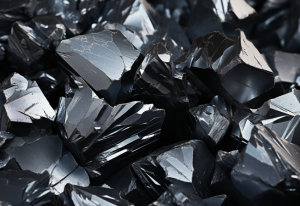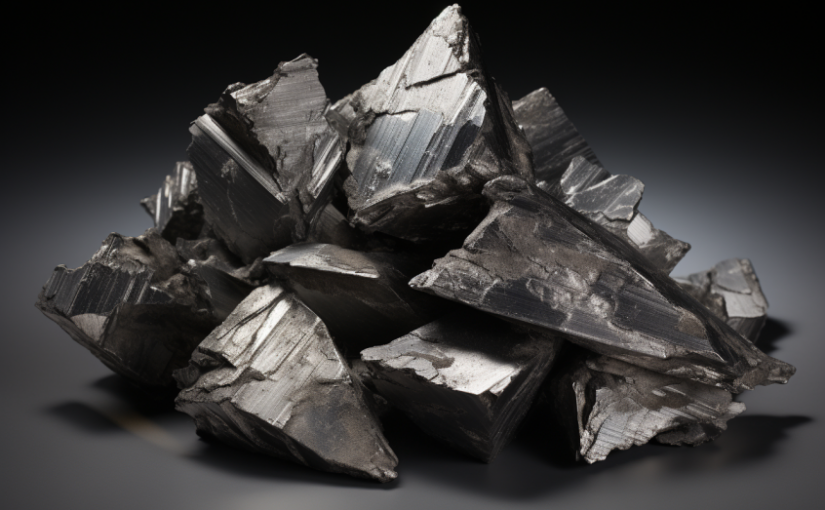Zirconium is a remarkable metal that often flies under the radar compared to more commonly known metals like aluminum, steel, or even titanium. However, its unique properties and diverse applications make it stand out in the world of materials science and industry. In this article, we’ll explore five ways zirconium metal sets itself apart.
1. Exceptional Corrosion Resistance
One of zirconium’s standout features is its exceptional resistance to corrosion. It forms a protective oxide layer when exposed to air, making it highly resistant to most acids, alkalis, and even highly corrosive environments like seawater. This property makes zirconium an ideal choice for applications in chemical processing, nuclear reactors, and marine equipment where corrosion is a significant concern.
2. Superb Heat Resistance
Zirconium has an impressive melting point of approximately 1852 degrees Celsius (3376 degrees Fahrenheit). This high heat resistance makes it invaluable in industries that involve extreme temperatures, such as aerospace, where zirconium alloys contribute to the construction of heat shields, jet engines, and rocket components.
3. Biocompatibility for Medical Applications
Zirconium’s biocompatibility, combined with its corrosion resistance, makes it an excellent choice for medical implants and devices. Zirconium implants, like dental crowns and orthopedic prosthetics, are well-tolerated by the human body, reducing the risk of allergic reactions or adverse tissue responses.
4. Nuclear Industry Reliance
The nuclear industry heavily relies on zirconium, particularly in the form of zirconium alloys. Zirconium’s low neutron absorption cross-section and resistance to corrosion and radiation make it an ideal material for fuel cladding in nuclear reactors. This ensures the integrity of fuel rods and prevents the release of radioactive materials.
5. Versatile Alloys
Zirconium’s versatility extends to its use as an alloying element. When combined with other metals like niobium, tantalum, or hafnium, zirconium creates alloys with enhanced properties. For example, zirconium-niobium alloys are used in the chemical industry due to their outstanding resistance to corrosion and high-temperature stability.

In addition to these standout features, zirconium’s low thermal neutron capture cross-section also finds applications in nuclear power generation and the aerospace industry. Its resistance to hydrogen uptake is crucial in maintaining the integrity of fuel rods in nuclear reactors.
Zirconium is also a critical component in the production of superalloys, which are used in the manufacture of gas turbine engines for aviation and power generation. These superalloys must endure high temperatures and stress, making zirconium an indispensable element in their composition.
Conclusion
In conclusion, while zirconium may not always be in the spotlight, its unique properties, including exceptional corrosion resistance, heat resistance, and biocompatibility, make it an essential metal in a wide range of industries. From nuclear reactors to dental implants, zirconium’s versatility and reliability set it apart as a standout material in the world of metals. Its ability to withstand extreme conditions and its compatibility with human biology ensures that zirconium will continue to play a vital role in various technological advancements and industrial applications.
For more information about zirconium metal materials or other advanced metal materials, please visit https://www.samaterials.com/.
